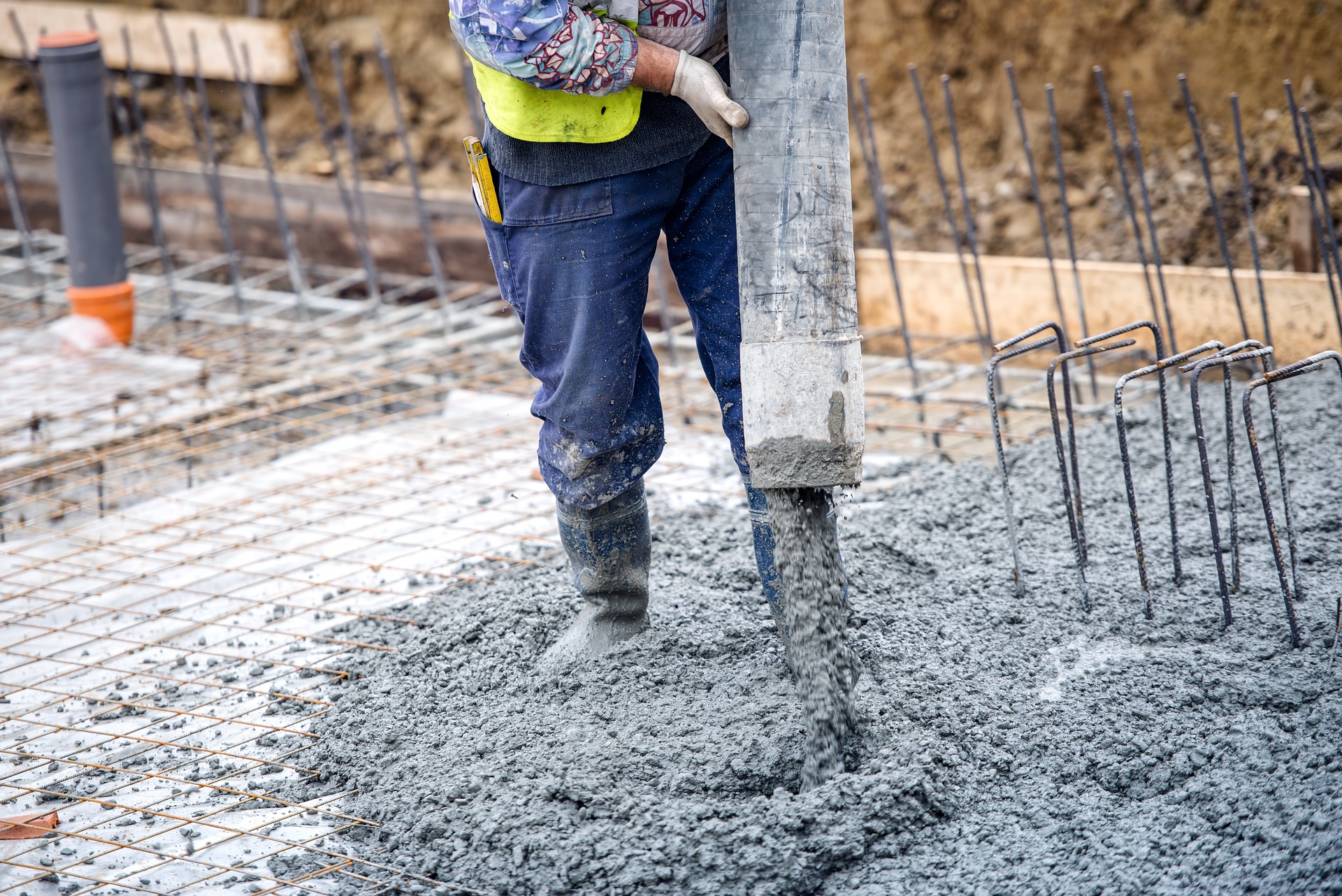Premium Concrete Services: Long Lasting Solutions for Your Construction Needs
Premium Concrete Services: Long Lasting Solutions for Your Construction Needs
Blog Article
Introducing the Eco-Friendly Advantages of Making Use Of Recycled Concrete in Sustainable Building And Construction Practices
In the realm of sustainable construction techniques, the application of recycled concrete stands as an essential yet usually underestimated source. Beyond its traditional applications, recycled concrete deals a myriad of environment-friendly advantages that expand much beyond the confines of standard building and construction materials.
Ecological Benefits
By incorporating recycled concrete into building methods, there is a substantial decrease in the requirement for new raw materials, leading to preservation of all-natural resources. Furthermore, the usage of recycled concrete diminishes the quantity of waste being sent to land fills, therefore minimizing environmental contamination and minimizing the strain on landfill abilities (Concrete).

In contrast, recycled concrete has a lower carbon footprint as it lowers the demand for new concrete production. In general, the environmental advantages of using recycled concrete are considerable and play a critical function in promoting environment-friendly building approaches.
Cost-Efficiency
Accomplishing cost-efficiency is a critical factor to consider when examining the utilization of recycled concrete in construction projects. One of the essential advantages of making use of recycled concrete is its cost-effectiveness contrasted to standard concrete.
Moreover, using recycled concrete can lead to cost savings in garbage dump expenses by diverting concrete waste from disposal websites. This not only reduces the environmental impact yet also gets rid of the expenses connected with waste removal. The toughness and performance of recycled concrete are equivalent to standard concrete, guaranteeing that expense savings do not jeopardize the high quality of the building.
Sturdiness and Toughness
Taking into consideration the substantial cost-efficiency advantages of utilizing recycled concrete, it is crucial to analyze its resilience and stamina in building applications. Recycled concrete deals comparable, otherwise remarkable, toughness and strength residential properties to conventional concrete. Through innovations in processing strategies and quality assurance, recycled concrete can meet or exceed the efficiency standards of traditional concrete. The procedure of reusing concrete involves crushing, sorting, and evaluating old concrete to generate accumulations that can be utilized in brand-new building and construction tasks. These recycled aggregates are qualified of giving satisfactory compressive strength, toughness, and lasting performance.

Waste Decrease
Efficient waste decrease practices play an important function in the sustainable use of resources within the building and construction industry. When it concerns utilizing recycled concrete, go now waste decrease is a key benefit that contributes significantly to environmental conservation. Conventional building techniques frequently produce significant amounts of waste, specifically in the kind of concrete debris from demolition sites. By integrating recycled concrete into construction projects, this waste is repurposed and diverted from land fills, minimizing the general ecological effect of building activities.
Recycled concrete not just assists in lessening the amount of waste that ends up in land fills yet also preserves all-natural resources by decreasing the need for brand-new accumulated materials. This procedure of waste decrease promotes a round economy within the building industry, where materials are recycled and recycled to develop a more lasting market. Additionally, using recycled concrete can bring about set you back financial savings for building and construction jobs, as it is typically extra inexpensive than sourcing and transferring new products. Finally, waste decrease through the usage of recycled concrete is a crucial component of lasting construction methods that benefits both the building and the setting industry in its entirety.
Energy Conservation
When it comes to using recycled concrete in construction, considerable power savings are achieved contrasted to typical concrete manufacturing. The process of producing recycled concrete involves squashing and recycling existing concrete products, which consumes less power than mining, processing, and moving raw products for brand-new concrete manufacturing.
Final Thought
In verdict, the usage of recycled concrete in sustainable building techniques provides various environmental benefits, cost-efficiency, toughness, toughness, waste decrease, and power preservation. By Web Site integrating recycled concrete into construction jobs, we can add to a more lasting and ecologically friendly future. It is vital for the building market to prioritize using recycled products to help decrease the ecological impact of construction tasks.
One of the crucial advantages of utilizing recycled concrete is its cost-effectiveness compared to typical concrete.Moreover, the use of recycled concrete can lead to cost savings in garbage dump costs by drawing away concrete waste from disposal sites. The longevity and performance of recycled concrete are similar to standard concrete, ensuring that cost financial savings do not endanger the quality of the building and construction.

Report this page